
South Sudan is expansive and largely rural with 83 percent of the population residing in rural areas. Poverty is endemic with at least 80 percent of the population defined as income-poor and living on an equivalent of less than $1 per day. More than one third of the population lacks secure access to food.
The country gained its independence from Sudan in 2011 but is facing an ongoing civil war that started in December 2013 and has resulted in a dire humanitarian crisis. Responding to the ongoing civil strife is nothing new to Salesian missionaries in the country. They have been continuing their educational and social development programs in communities across the country while also responding to the ongoing humanitarian crisis.
The One Hundred Village Schools project launched in South Sudan in 2012 by the Salesian missionary office Don Bosco Nanum, based in Seoul, South Korea, has been a great success. To date, 74 elementary schools have been built and nearly 15,000 children have been impacted. These children are now engaged in education and gaining the foundational skills needed for higher learning.
The project was inspired by two visionary Italian Salesian missionaries, Father Vincenzo Donati and Salesian Brother Giacomo (Jim) Comino. After many years of missionary work in South Korea, both were assigned to the East Africa Province in 1981 and 1992, respectively. Initially many doubted the feasibility of such a large educational project, but their vision was welcomed with enthusiasm by many people, including the then Provincial of East Africa, Father Gianni Rolandi, and Father Pascual Chávez, then rector major.
The 74 new schools each have four classrooms and were made possible thanks to the generosity of many donors. One of those donors was South Korean Olympic gold medalist Yuna Kim who donated hundreds of thousands of dollars to the project. The funding donated was able to build one entire school. Other donors from around the globe, including those from Korea, Italy, Austria, Germany and the United States, made the schools project a success.
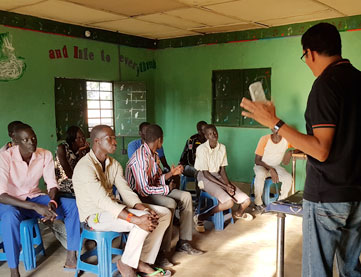
The United Nations Refugee Agency (UNHCR) has noted that nearly 2.2 million people are displaced within South Sudan, and millions have fled seeking safety and shelter in neighboring countries. Many of those fleeing South Sudan are women and children. They include survivors of violent attacks and sexual assault, children who have been separated from their parents or traveled alone, the disabled, the elderly and people in need of urgent medical care. UNHCR notes that South Sudan, the world’s youngest nation, has now joined Syria, Afghanistan and Somalia as countries that have produced more than a million refugees.
Fighting in the country intensified in July 2016 near the country’s fifth anniversary of independence. During the first year of the war, fighting was initially between Nuer and Dinka ethnic communities aligned with the rival leaders but of late a wider array of armed groups and communities have been drawn into the increasingly lethal violence.
Salesian missionaries living and working in Juba, the largest city and capital of South Sudan, and in other places across the country, have been on the front lines providing humanitarian relief for those in need. They are also working within their networks around the globe to access aid, while continuing their educational and social development programs in communities across the country.
In December 2015, 270 youth took part in a 10-day summer camp operated by Don Bosco Gumbo located in the town of Gumbo on the outskirts of Juba, the largest city and capital of South Sudan. The camp was organized by Salesian missionaries in collaboration with members of the St. Vincent de Paul parish. Students from Salesian schools in the area, youth from communities surrounding Juba and those living in a camp for internally displaced people participated in the summer camp. During the course of the 10 days, the teams competed in recreational activities and sports with an emphasis on developing a healthy sense of competition and camaraderie. Each day began with a morning assembly that included positive messages of hope, joy, peace and love followed by morning classes in English and Arabic. After a mid-morning breakfast, campers engaged in sports and recreational activities including games and art, speech, singing and dance competitions.
Salesian missionaries completed a water well project in Morobo, a village less than two miles away from Don Bosco Gumbo, a Salesian center located in the town of Gumbo on the outskirts of Juba, the largest city and capital of South Sudan. The village had been completely destroyed during the country’s fight for independence in 2011 and much of its population had fled to safer areas. Despite continued fighting across South Sudan even after independence was gained, close to 4,000 people have come back to make the village of Morobo their home once again.
One the most urgent needs in Morobo is access to clean, safe water. The nearest water source is in Juba, which requires residents to make a long daily trek to carry water back to their homes. From November to May each year, South Sudan experiences a dry season and most sources of surface water dry up. The water well project in Morobo provides the local people drinking water as well as water for sanitation and daily chores. Missionaries constructed the water well by drilling a borehole and installing a hand pump. Its construction has improved the health of residents, increased agricultural production and led to a better quality of life for families, especially for girls and women.
Conflict and famine in South Sudan are severely affecting minors across the country. In March 2017, a famine was declared in parts of South Sudan. UN agencies warn that almost 5 million people urgently need food, agriculture and nutrition assistance. The Food and Agriculture Organization of the United Nations (FAO) noted that ongoing war and a collapsing economy have left some 100,000 people facing starvation, and another 1 million people are classified as being on the brink of famine.
“In two days, we weighed more than 300 children and found that more than 200 of those children, between 3 and 6 years of age, are malnourished. Of those, 170 are in a situation of severe malnutrition,” a Salesian missionary working in Gumbo reported. “It was like a bad dream, we did not expect that the situation could be so serious. We are providing food and water and want to monitor them for two weeks and see how they develop. But all this proves the very serious situation that people live in Gumbo, as they do not have the means to access the food, not even for the younger ones.”
Salesian missionaries at Don Bosco Gumbo and across South Sudan, including Salesian Sisters with Mary Help of Christians, continue to work within their networks around the globe to access additional humanitarian aid. In Gumbo, Salesian missionaries have two camps that currently have more than 1,000 families (roughly 10,000 people) who have been displaced. They also assist hundreds of families in the surrounding neighborhood who are starving due to the present crisis. At the Salesian church compound in Wau, Salesian missionaries are providing shelter and assistance to 2,500 people and reaching out to thousands of others displaced within the city.
Students attending the Don Bosco Vocational Training Center in Juba have received scholarships to help afford their education and continue their studies thanks to funding from Salesian Missions donors. Both young men and women attend the Don Bosco Center to gain an education and the skills to find employment. The scholarships, which are mainly focused on female students, cover 50 percent of the school’s tuition, making it much easier for young women to gain an education.
Due to lack of financial support in South Sudan, many families force girls into early marriages. With this program, the goal is to reduce the incidence of early marriage and allow young women to gain an education and independence in the workplace.
Salesian Missions provided funding to Don Bosco Gumbo, located in Juba, to support coronavirus prevention and nutrition efforts at a local camp for those internally displaced in the country.
With the funding from Salesian Missions, Salesian missionaries with Don Bosco Gumbo put several measures in place for the prevention of the virus. They have installed hand-washing facilities at all entry points and hand-washing facilities at the camp for internally displaced people (IDPs). Salesian missionaries are also providing a special health screening for the IDPs at the Don Bosco Dispensary. This is not for COVID-19 screening but for general health check-ups. Salesian missionaries are also providing one meal each day for more than 3,000 children at the IDP camp.
More than 1,800 people in a Salesian camp for people who are internally displaced, located in Gumbo, on the outskirts of the city of Juba, had access to better nutrition during the second half of 2024. The food shipment was the result of a partnership between Salesian Missions and Rise Against Hunger.
People in the camp face challenges, including the rising price of commodities and the weakening of the local currency. Food insecurity is a major challenge. Thanks to the meals, Salesians have seen reduced hunger, improved nutrition and enhanced food security. Salesians have also tried to address food challenges by offering small plots of land, encouraging people who are displaced and the local community to cultivate crops to supplement the meal rations that are offered. However, this can only happen during the rainy season and not everyone can receive a plot. Therefore, Salesians heavily rely on partner support to address the food insecurity.
In addition to the food aid provided by Salesian missionaries at Don Bosco Gumbo, Salesian missionaries are providing essential school supplies for students attending Don Bosco Primary School located on the Don Bosco Gumbo campus. Salesian missionaries provided new pens, pencils and school stationary for the new school year. The primary school serves 1,000 children, many from families who have been internally displaced.
Salesian missionaries have been working in Tonj, a town in the northwest region of South Sudan, for several years. Their focus has been on providing education and social development services for poor youth through the operation of primary and secondary schools and youth centers. In addition, the missionaries operate several medical clinics, including a leprosy clinic, as well as a hospital.
Today, 20 families of people affected by leprosy are living in a place called Laicok where Salesian missionaries have constructed buildings that have space for each family in their own room. Salesian missionaries, with assistance from Salesian Sisters from the Missionary Sisters of Mary Help of Christians, have been providing care and aid to those suffering from leprosy. They are provided shelter, food, clothing and sanitary items like soap, as well as medical care.
The leprosy program was started by Father John Lee who arrived at the Salesian mission in Tonj in 2001. A new hospital named for Fr. Lee was opened in Tonj in late July 2014 after four years of planning and construction. The current facility consists of maternity and surgical wards and a residence for medical and administrative staff. The hospital was fully operational in 2015. Volunteer doctors from Italy provide the medical care at the hospital.
From South Sudan

From South Sudan
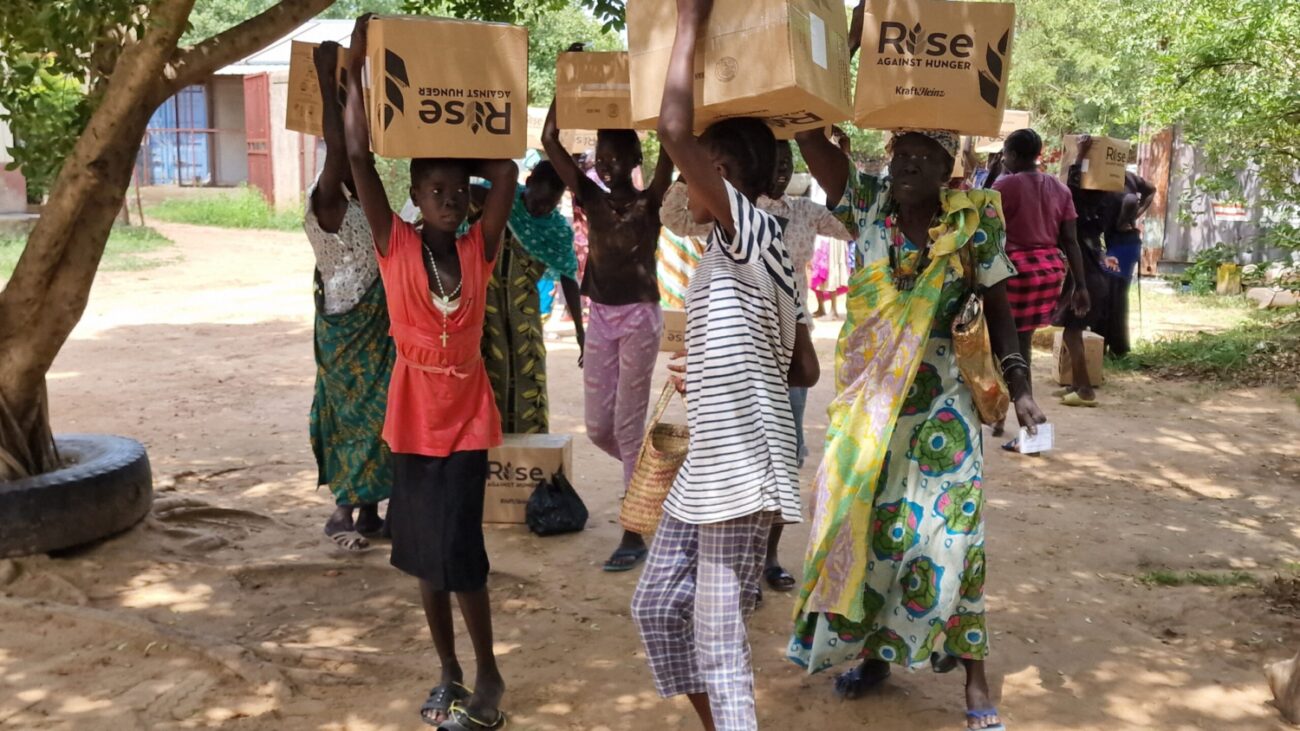
$1 donation provides $20 of critical nutrition. NEW ROCHELLE, NY (Nov. 3, 2025) Salesian Missions, the U.S. development arm of the Salesians of Don Bosco, has launched its Annual Food Distribution Appeal, enabling donors to multip
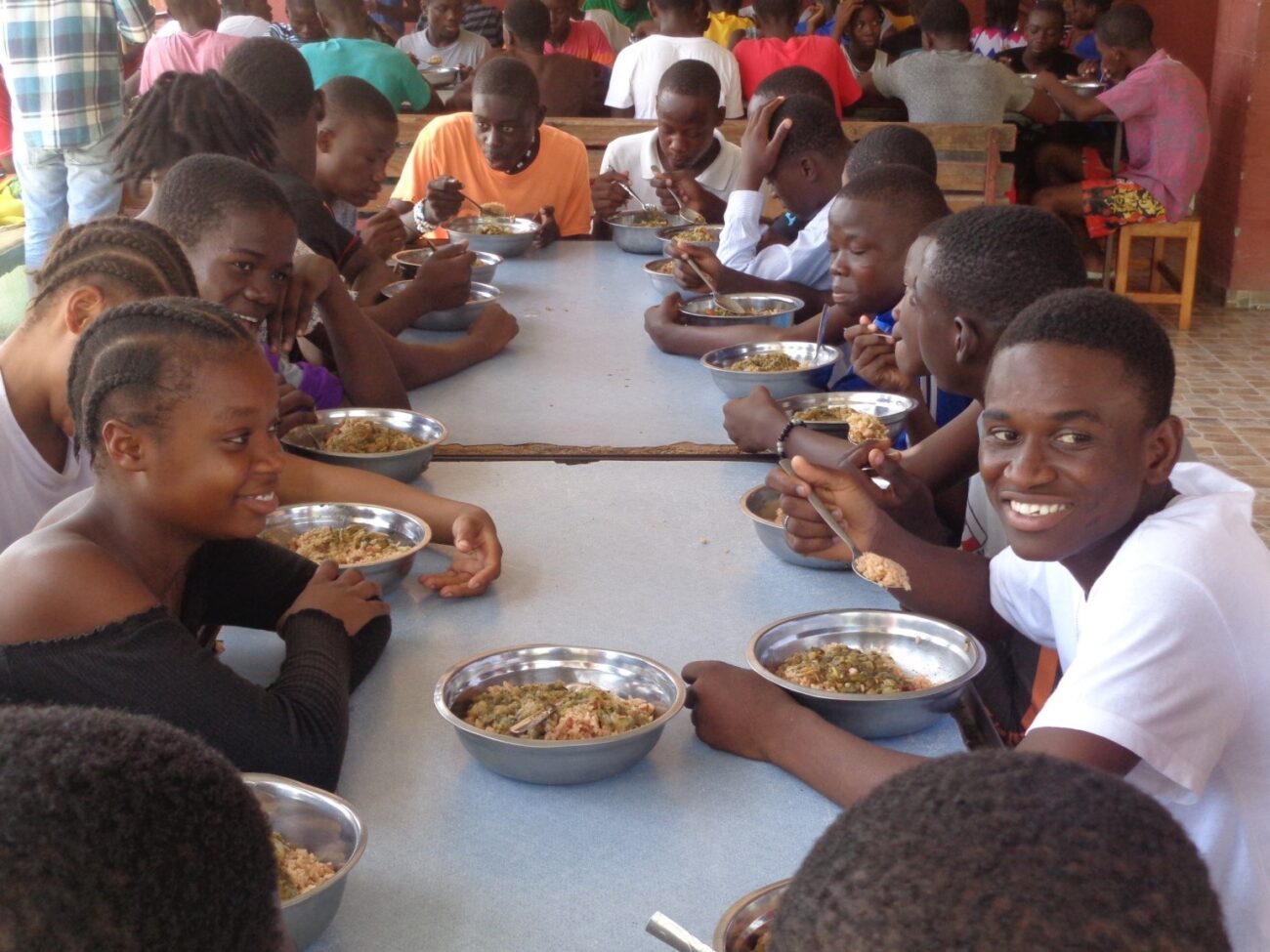
Feeding programs essential part of many Salesian schools, centers. NEW ROCHELLE, NY (Oct. 16, 2025) Salesian Missions, the U.S. development arm of the Salesians of Don Bosco, joins the international community and organizations aro
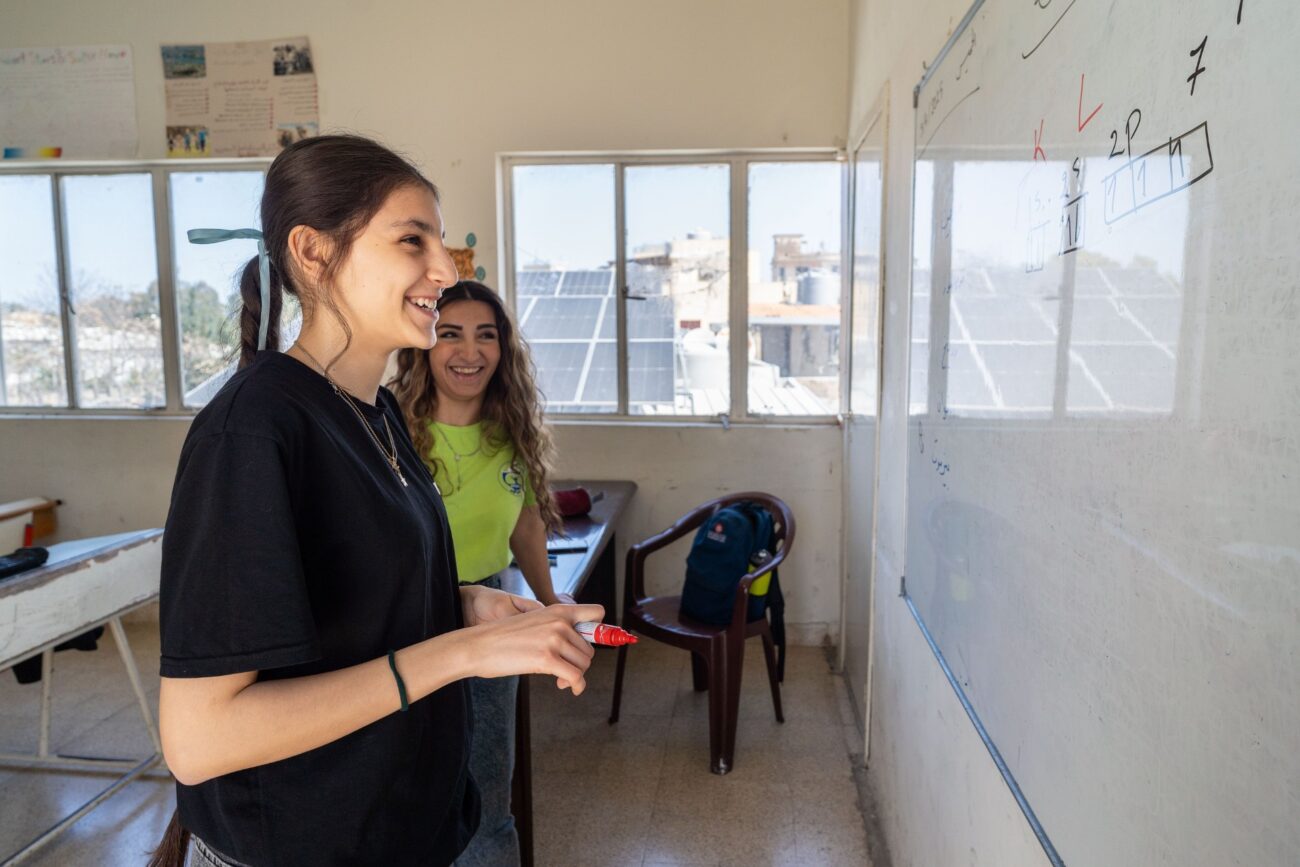
Pope Leo XIV entitles annual message as ‘Migrants, missionaries of hope’. NEW ROCHELLE, NY (Oct. 5, 2025) Salesian Missions, the U.S. development arm of the Salesians of Don Bosco, joins Catholic organizations around the globe
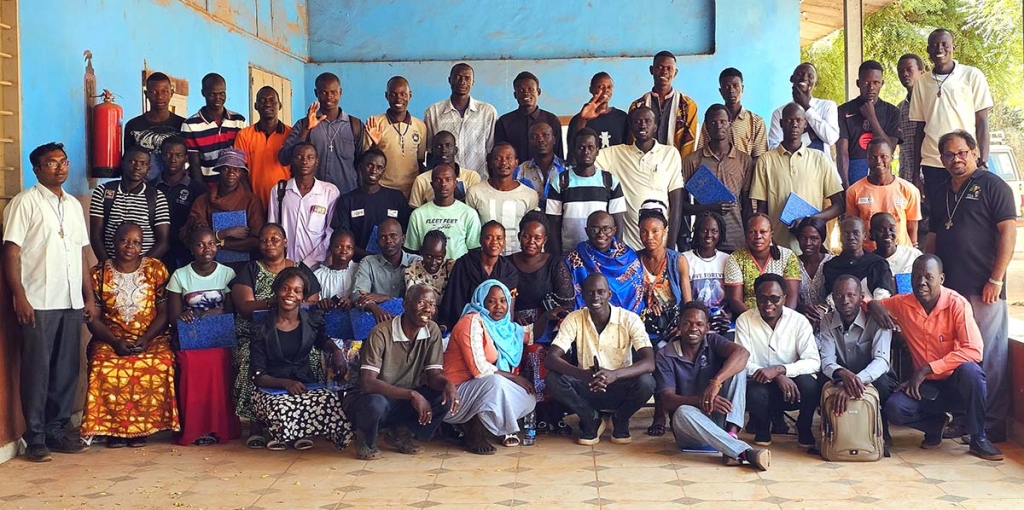
Salesian missionaries educate more than 1 million youth. NEW ROCHELLE, NY (Oct. 5, 2025) Salesian Missions, the U.S. development arm of the Salesians of Don Bosco, joins humanitarian organizations and countries around the globe in

Education, workforce development provided for youth and their families. NEW ROCHELLE, NY (Sept. 5, 2025) Salesian Missions, the U.S. development arm of the Salesians of Don Bosco, joins humanitarian organizations and countries aro

Surviving in South Sudan* is a struggle. Twelve years of internal conflict, compounded by a war in neighboring Sudan, has turned the entire region into a humanitarian crisis. Amid this turmoil, our Salesian missionaries remain on
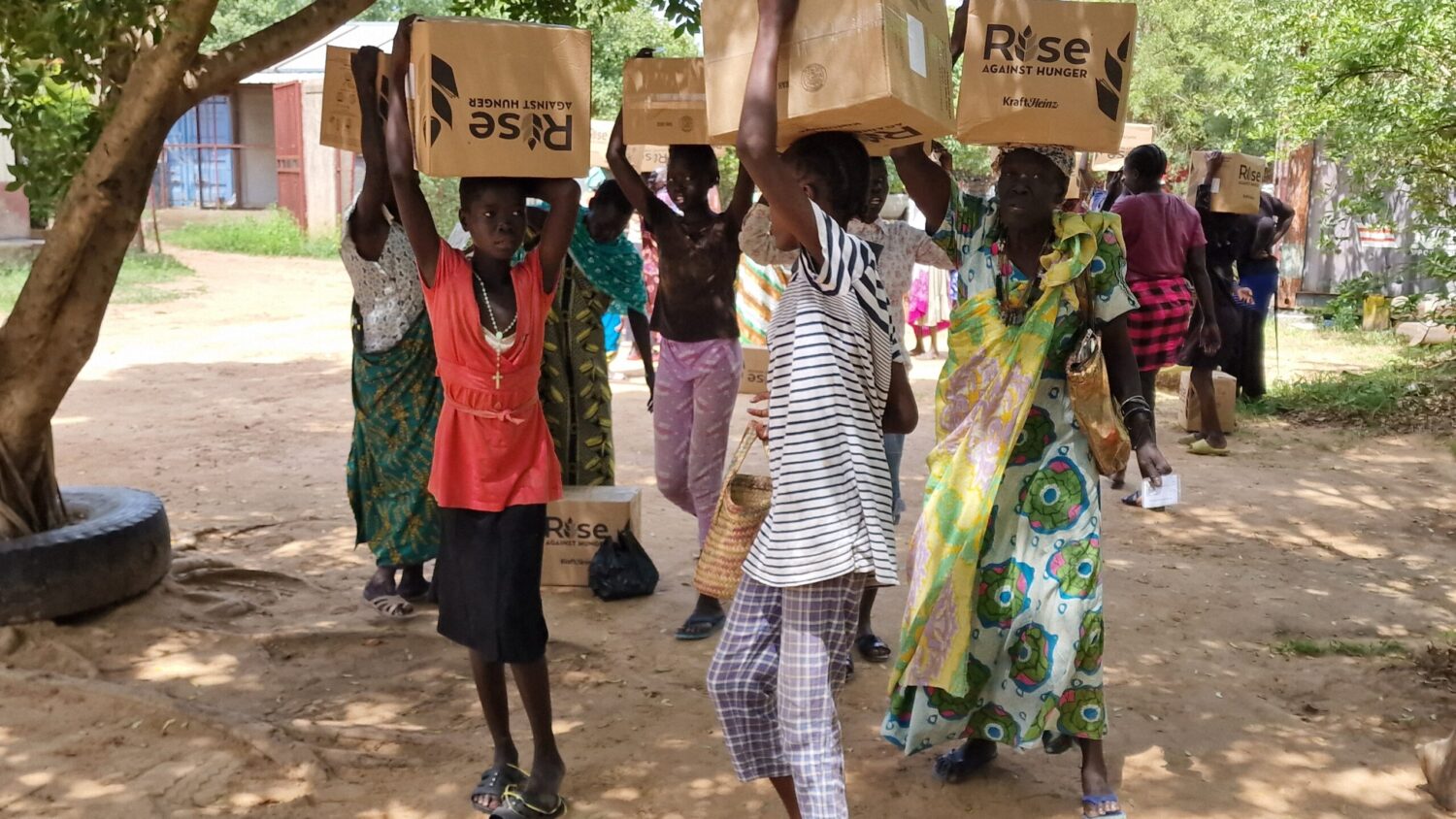
Salesians rely on donor support to address food insecurity at camp. NEW ROCHELLE, NY (May 28, 2025) More than 1,800 people in a Salesian camp for people who are internally displaced, located in Gumbo, on the outskirts of the city
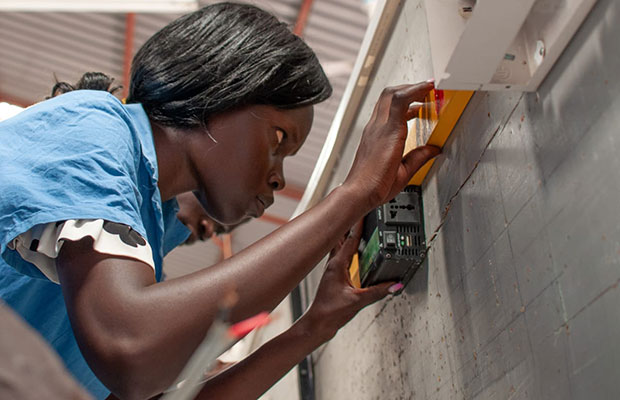
Did you know that, around the world, one in five girls doesn’t finish elementary school? Or that globally, girls between the ages of 5 and 14 collectively devote 160 million more hours to unpaid care and domestic work than their
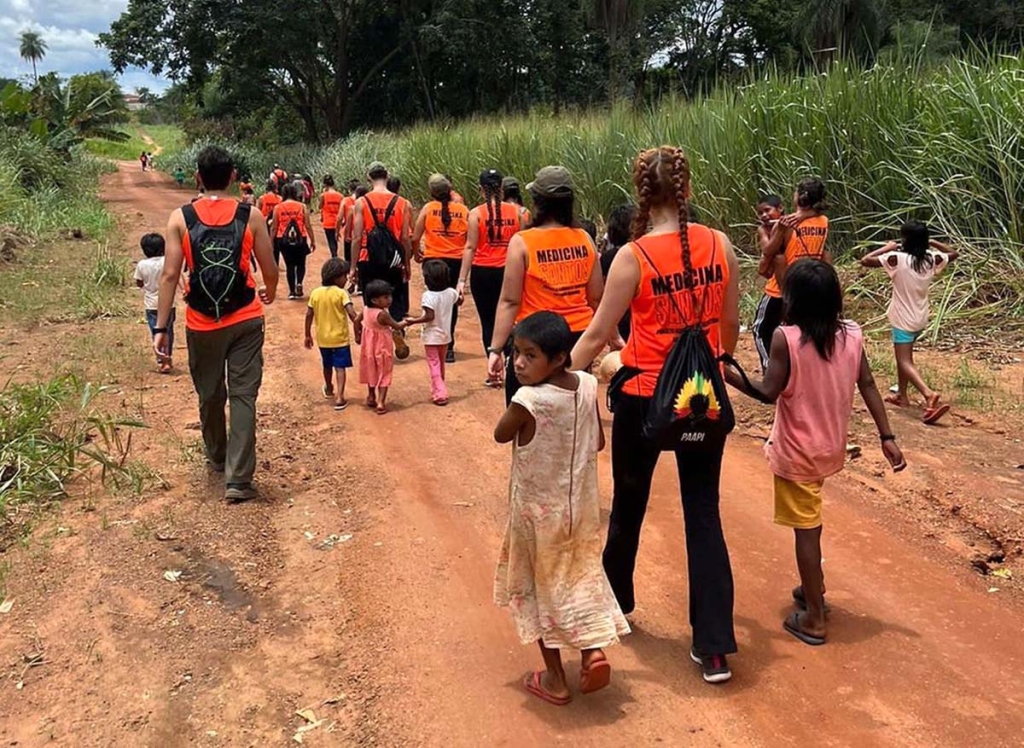
Salesian missionaries offer more than 150 medical clinics and hospitals around the globe. NEW ROCHELLE, NY (April 7, 2024) Salesian Missions, the U.S. development arm of the Salesians of Don Bosco, joins humanitarian and other int
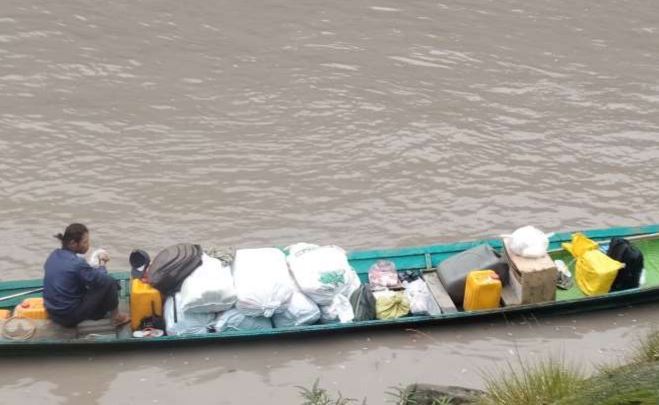
Pope marks day by calling for spiritual and physical closeness to all those who are ill. NEW ROCHELLE, NY (Feb. 11, 2024) Salesian Missions, the U.S. development arm of the Salesians of Don Bosco, joins Catholic organizations arou
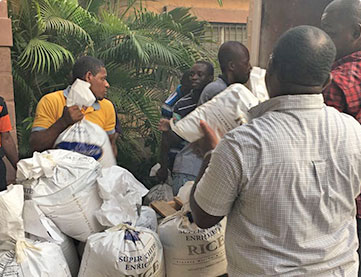
Salesian Missions includes agriculture in its vocational training programs – to ensure that youth of Rwanda learn better agricultural practices as well as keep the school self-sustaining in the face of the country’s food shortages.
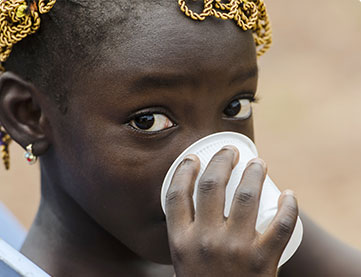
Salesian Missions includes agriculture in its vocational training programs – to ensure that youth of Rwanda learn better agricultural practices as well as keep the school self-sustaining in the face of the country’s food shortages.
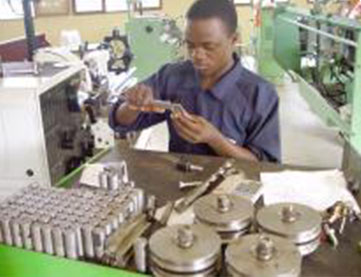
Salesian Missions includes agriculture in its vocational training programs – to ensure that youth of Rwanda learn better agricultural practices as well as keep the school self-sustaining in the face of the country’s food shortages.